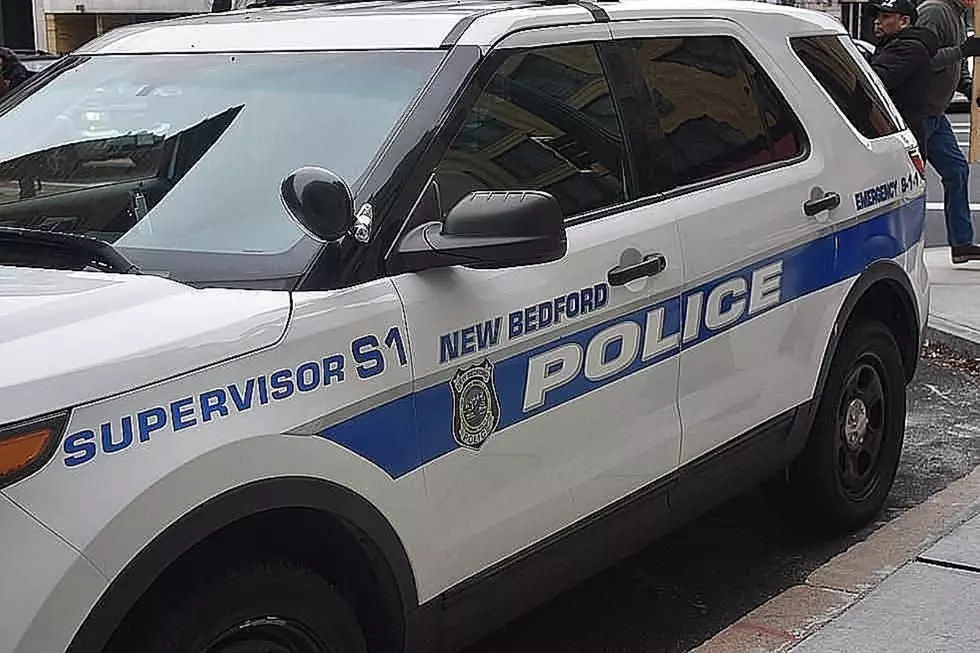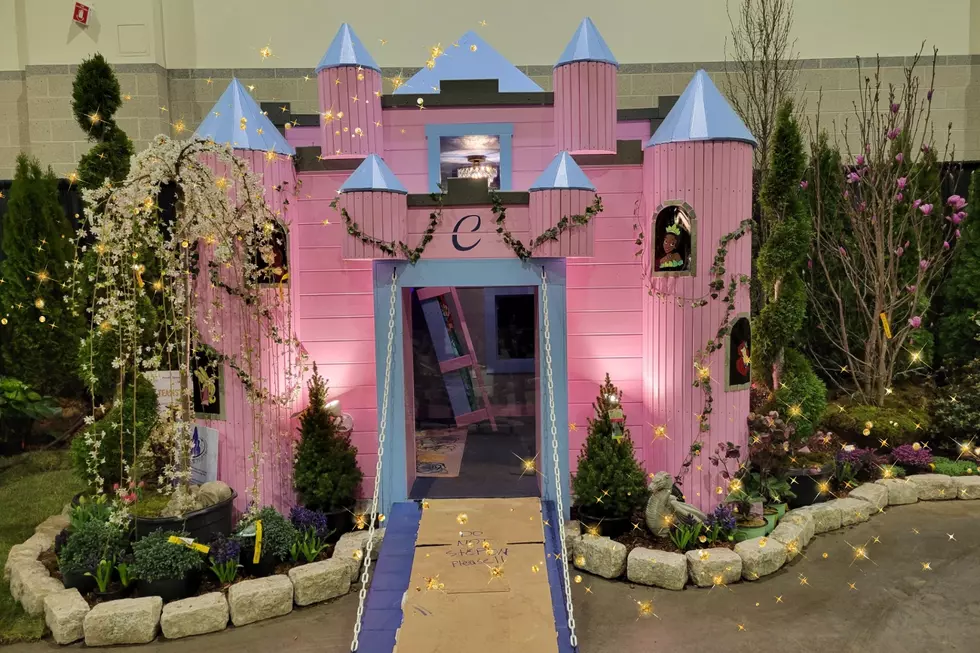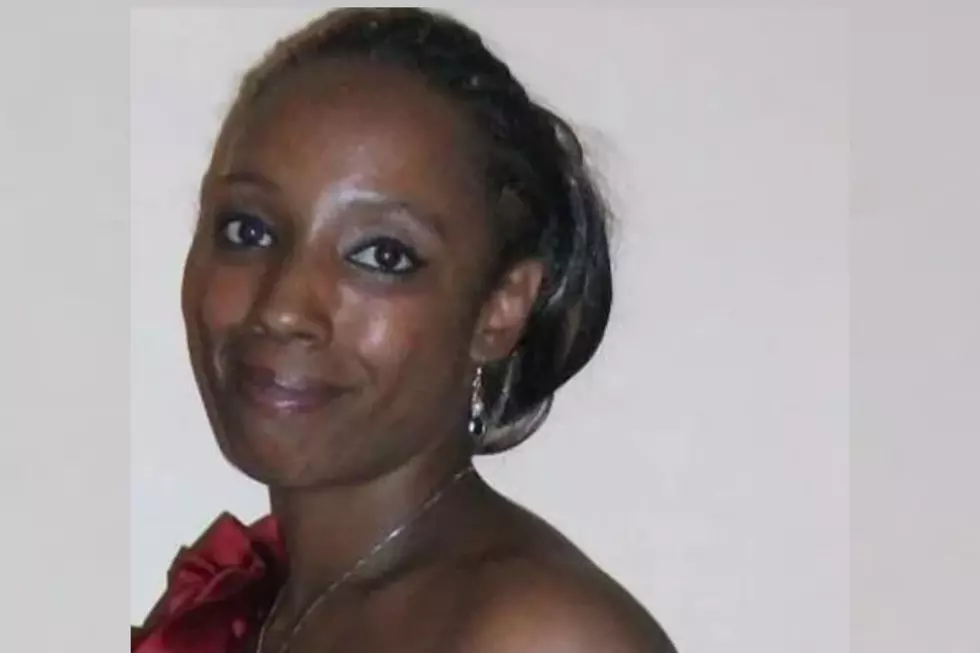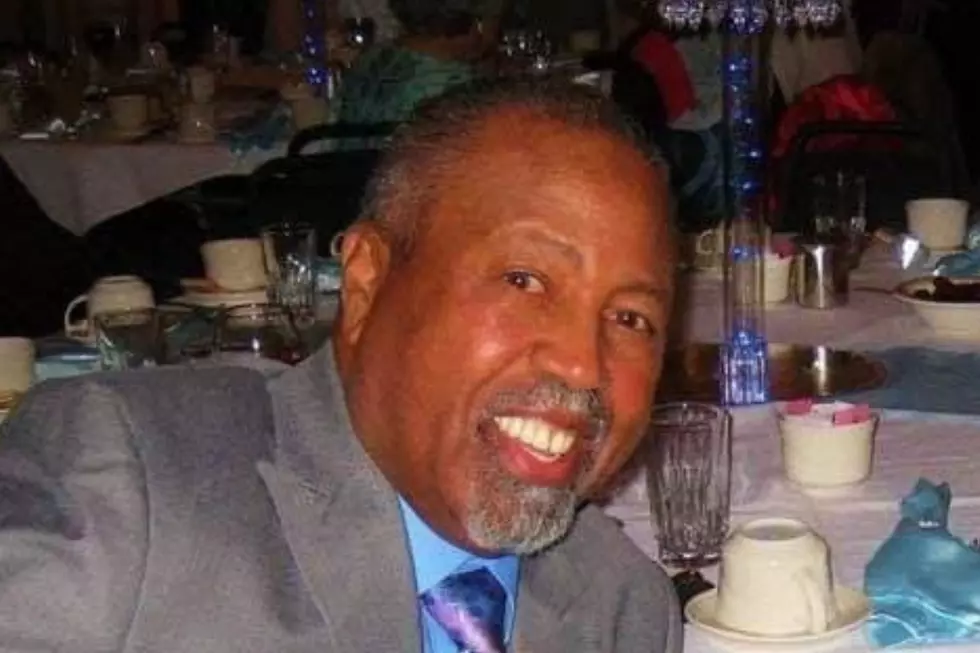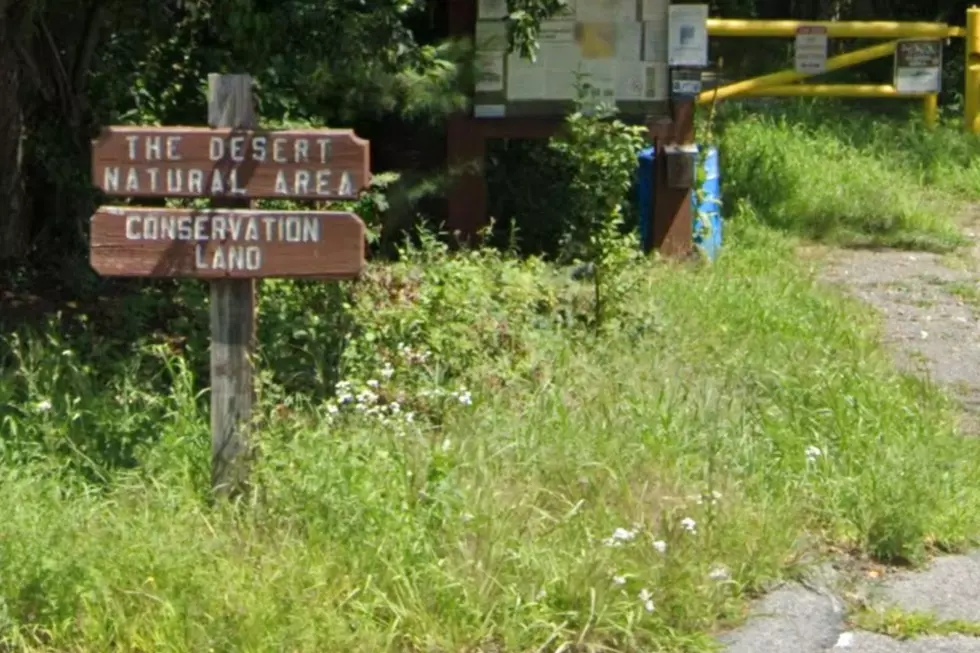
City Council Announces Marijuana Zoning Laws for New Bedford
NEW BEDFORD — With cities and towns across the state still figuring out how to locally govern the sale of recreational marijuana, the reality of one day walking down the street and buying a fresh bag of devil's lettuce may still seem distant.
The New Bedford City Council voted unanimously on Thursday to refer the proposed zoning ordinance for recreational marijuana in the city to the Committee on Ordinances and the Planning Board for review. The move brings the city one small step closer to having a retail recreational marijuana establishment within its boundaries.
The city's zoning requirements for marijuana establishments is similar to that of the state. The state says, for example, that marijuana businesses may not set up location or operate within 500 feet of any school building, with exception to colleges and universities. The council added playgrounds and places of worship.
The proposed ordinance also has plans to restrict recreational marijuana establishments to specialized areas within industrial zones, known as 'A, B, and C zones,' an aspect that city councilors are already voicing disagreement with.
“These will be zones in industrial A, B, and C zones. They're not going be in neighborhoods per the zoning ordinance and the law. They won't be downtown because of the Whaling Historic National Park, so that sort of takes care of that,” Councillor At-Large and Cannabis Committee Chairman Ian Abreu explained. “We want to make sure that the will of the voters is instilled all while making sure that we are never compromise the integrity of our neighborhoods, that's very important to us. I think we've done a good job to get this forward.”
Council President Linda Morad says that these retail establishments shouldn't be restricted to just the industrial zones, and says that other councilors outside of the five-person Cannabis Committee are going to have questions about the zoning map. Morad says if the council gets hung up on the issue that it raises the risk of having to once again extend the moratorium beyond September 30.
“I don't believe they deserve to be stuck in the business park. That's not what the purpose of the business park is. It's going to be interesting to see what everybody brings to the table and how quickly we can resolve that to make the moratorium deadline,” Morad said. “If we don't make that deadline there won't be any zoning requirements and they can be anywhere in the city, which I don't want nor believe that anybody on the council wants either.”
Councillors At-Large Naomi Carney and Brian Gomes share the same view as Morad on limiting the location of pot shops to only industrial parks. They say that the establishments should be “spread throughout the city,” and Carney argues that many shopping plazas throughout the city could be a perfect fit.
“We have a few areas throughout the city that aren't industrial. You've got quite a few of these shopping centers that are defunct, so that would stop that since it's not industrial,” Carney said. “I don't want it to be aside churches, senior centers, and all of those places. There are other places that are in different areas that we can utilize also.”
As for hitting September 30 deadline for lifting the moratorium placed on pot shops in the city, Carney says she's confident the establishments will be up and running by then.
“There is still a lot of work to be done and if we don't make that September moratorium we'll ask the Mayor to push it back by thirty days, but I think we have a good shot of doing that,” Carney said.
Following its review of the ordinance, the Planning Board must hold a public hearing before sending it back to council chambers for a vote. In fact, the City Council is required to hold a public hearing of its own before it can be voted on. The zoning ordinance will then be presented to the council on two readings for a vote.
The council will also include a cap on the amount of pot shops that will be allowed to operate to a 20-percent limitation of the total number of package stores in the city. This measure would place a restriction on the growth of individual recreational marijuana establishments in New Bedford to no more than 20-percent of the amount of package stores currently doing business in the city.
Longtime Salvation Army Major Gilbert Parker conducted the opening prayer to commemorate one of his final duties in New Bedford. Parker was also recognized by the Council for his charitable work and received a gift capped off by a round of applause all in the chambers.
More From WBSM-AM/AM 1420
